Soldier Overcomes Cancer to Serve in Iraq
 WO1 Mick Fraser, Regimental Sergeant Major
WO1 Mick Fraser, Regimental Sergeant Majorof the Joint Helicopter Force Iraq.
Photo by Cpl. Ian Forsyth, RLC.
BASRAH — After finding out he had cancer four years ago, WO1 (RSM) Mick Fraser was unable to join his colleagues at 3 Regiment Army Air Corps when they deployed to Iraq. Now fully recovered, he is realising his lifelong ambition to undertake an operational tour.
Mick Fraser is an unassuming and reserved man. Talking to him you get no sense of the trauma and pain he has endured as he battled against non-Hodgkin's Lymphoma, a cancer of the lymphatic system. He explained how things unfolded during the winter of 2002-03:
"I was the Artificer Quarter Master Sergeant (AQMS) of 663 Sqn AAC where I ran a section of people who maintained the Lynx and Gazelle aircraft which were being readied to deploy to Iraq," he said.
"It was a key post within the regiment, we'd spent a lot of time planning and preparing the aircraft for various exercises. When Iraq came along we were up with the game, we had everything ready. It's like the pinnacle of your career; you spend 17 years training in the Army and this was where everything would come together and you were going to do the job for real."
But for Mick, 40, as preparations for war were developing, things were starting to go badly wrong for him:
"Suddenly I became ill, I started losing my fitness and realised there was something wrong. I'd been going to the doctors beforehand because I think I was probably showing symptoms 6-12 months before I was diagnosed."
Mick was told that he had a massive tumour in his chest which was seriously affecting his breathing:
"I went to the Ipswich NHS Trust and was diagnosed with non-Hodgkin's Lymphoma. At first the sheer disappointment of not going to Iraq with my troops masked the realisation that I was seriously ill."
The tumour was advanced and it meant that Mick would have to undergo invasive chemotherapy throughout 2003.
"The one low point, was my initial prognosis. It saw me get a first course of chemotherapy, which was supposed to have cured the problem. That didn't work so I went on to a stronger course throughout the summer of 2003, which was quite uncomfortable. The final course of treatment was a high-dose chemotherapy followed by a stem-cell bone marrow transplant.
"I had a scan at the end of that treatment and the results showed that nothing had changed. That was a particularly low point. But they had given me the wrong test results, results from several months previous. So although I was very low at that point, the next day when the correct results came back it was a real high point."
Being in the Army meant that Mick was a physically fit man when diagnosed with his condition. But so often with illnesses of this nature it is a person's mental strength that can be the difference between life and death. Mick's approach of 'I can deal with this, I can beat this illness' clearly paid a huge part in his recovery:
"Without a doubt that's true," he said. "Even when I was receiving incorrect diagnoses, I was thinking 'I can still run' and 'I can still do some exercise'. It was my fitness and mental strength at the time that really helped push me through."
Mick, who is now fully recovered, is extremely grateful that the Army supported him throughout the difficult times as well as welcoming him back to work. Although he is still in the engineering world, for his current tour to Iraq he has been deployed in a more administrative capacity:
"I was very keen to come back to the whole soldiering aspect, and especially to go on an operational deployment. But the only opportunity to fulfil that meant I had to move over to this regimental role and come out here as an RSM which is away from engineering but it makes a refreshing change."
The nature of his current role at the Contingency Operating Base, near Basra – as Regimental Sergeant Major at the Joint Helicopter Force (Iraq) – means he is never far from his beloved Lynx helicopters:
"I'm very comfortable in this environment, even though it's tri-Service we speak the same helicopter 'language'. I certainly know what the engineers are talking about, but working on the admin and security side is a good place to be."
Mick arrived in Iraq early January 2007.
"The facilities we have here are comfortable, the welfare package is good. We work long hours and the facilities allow us to both relax and to maintain fitness without having to worry about things like the administration of your laundry, cooking etc.
"It's an interesting environment; a bit beige and featureless when you look at it but the temperature is quite comfortable at the moment, although it's going to start getting a bit warmer!"
Mick firmly believes that British troops need to stay in Iraq until the job is done:
"The fact that the Government has said that we won't leave until the Iraqis are able to provide their own security is something we have to live up to. When the Iraqis get to that stage, then we can take a step back, and oversee how they cope and then finally withdraw, and I think it really must be supported for everybody's sake."
Four years ago when his regiment were deploying to Iraq, it was about to be the pinnacle of Mick's career, something he had spent 17 years training for. That he has now overcome cancer to serve in Iraq is a testament to not only first rate medical treatment, but his own mental strength and determination.
Source: Multi-National Force - Iraq
Dedicated to Steve - as you fight this battle, you are in our thoughts and prayers!
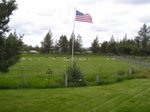


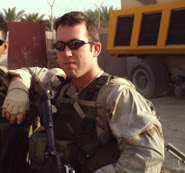










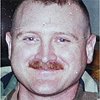


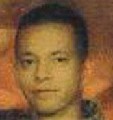









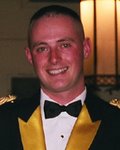






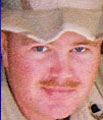
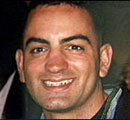




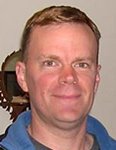
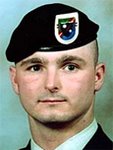




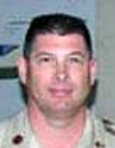
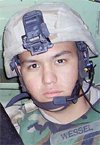
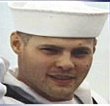
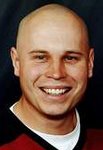
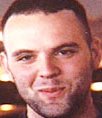
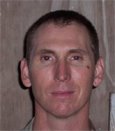

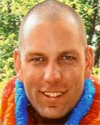
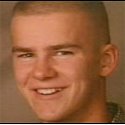
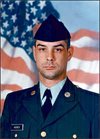


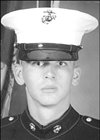
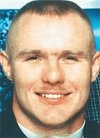
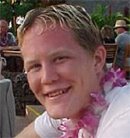

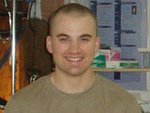

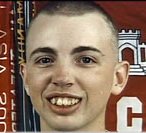


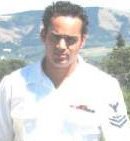

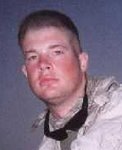
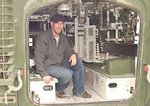
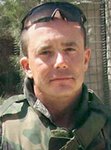

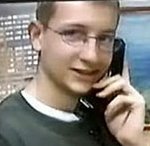

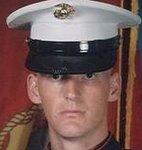
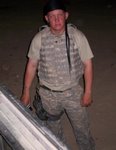
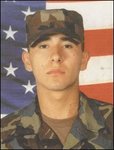
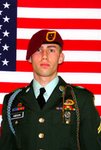

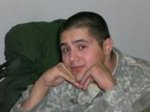
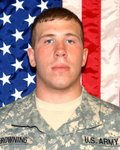





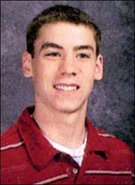
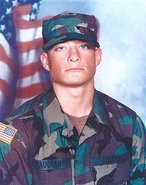
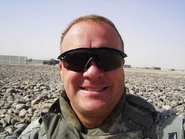
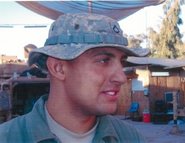
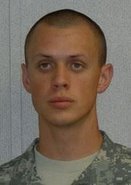
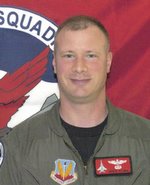
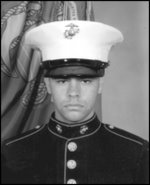
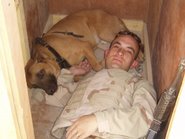
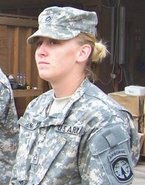
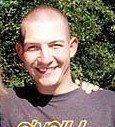
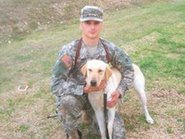

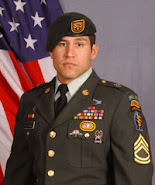

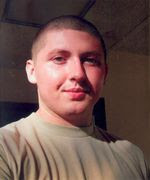



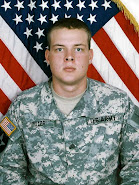
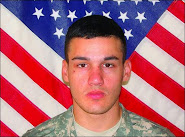



1 comment:
Well Ms Gazer, I read your profile since part of my newest post is about you. Stop by for a look.
Post a Comment